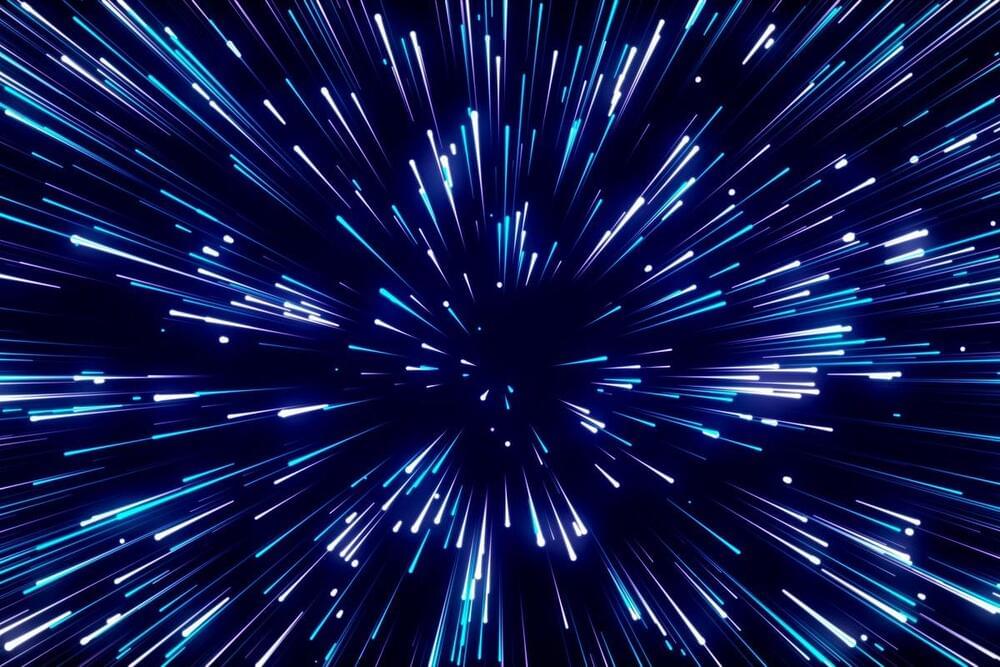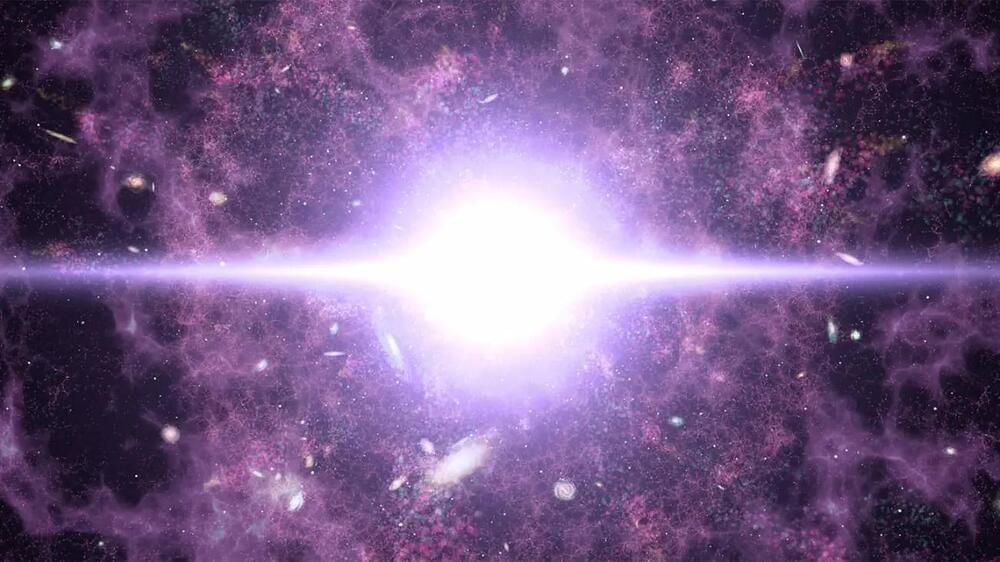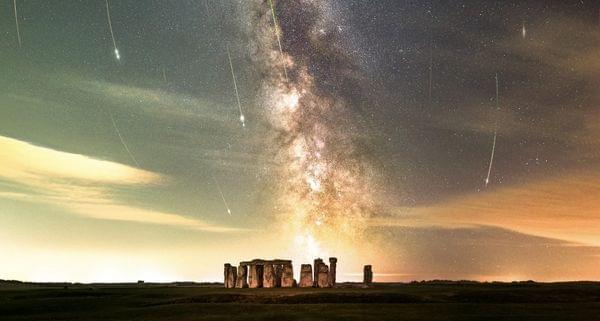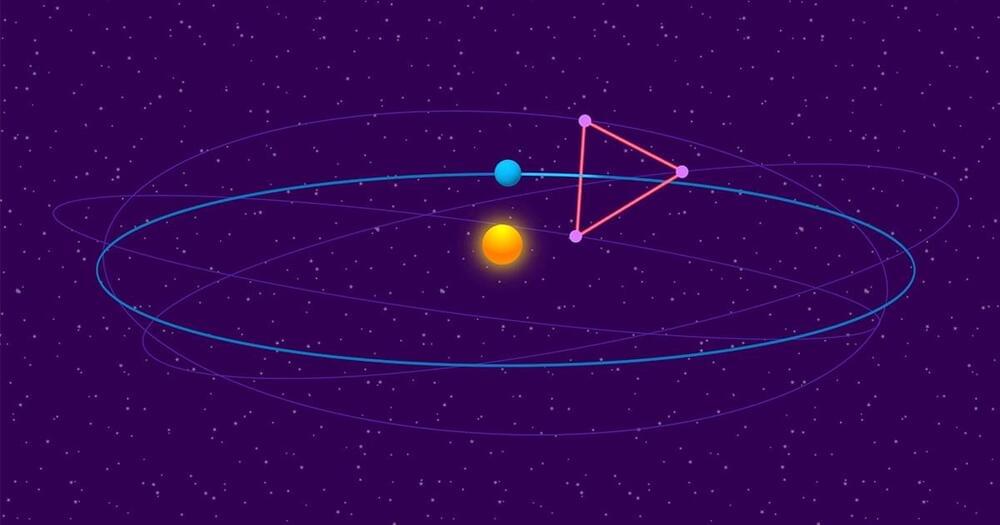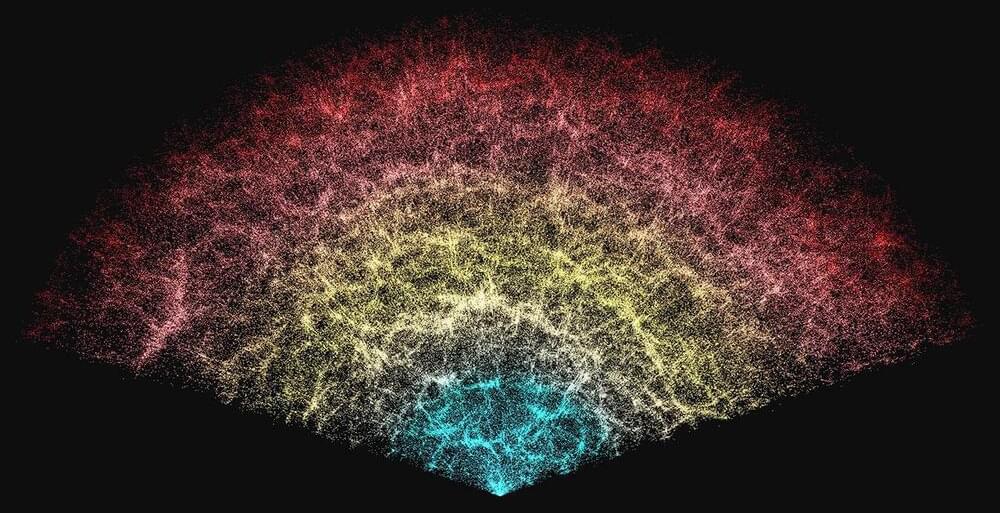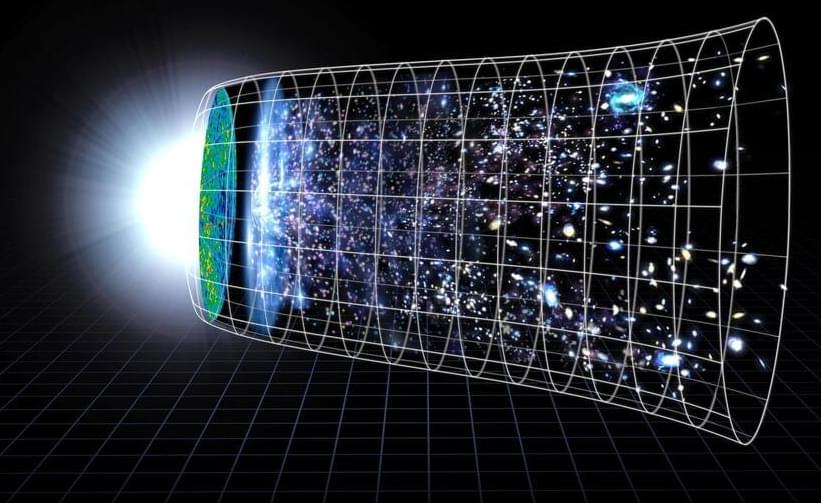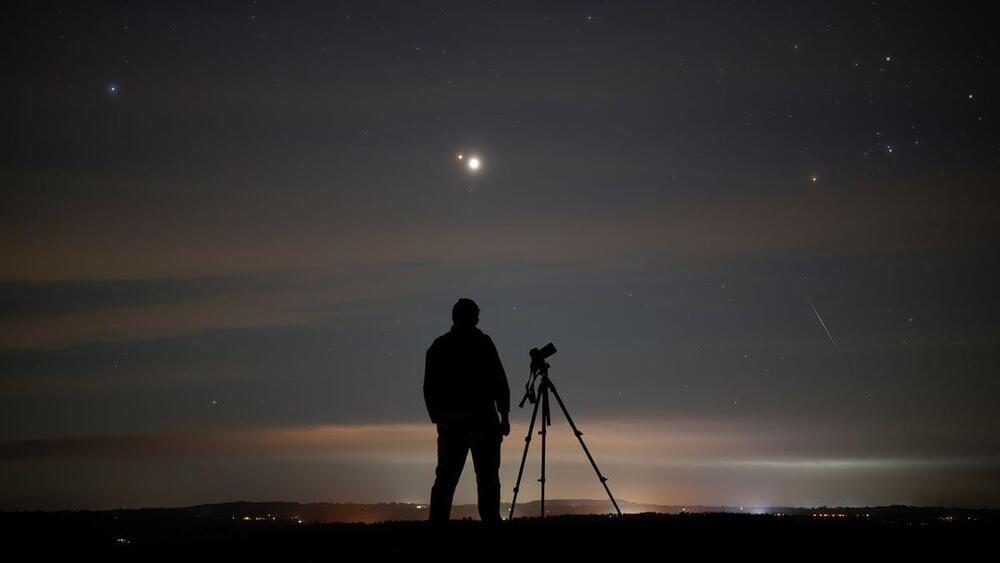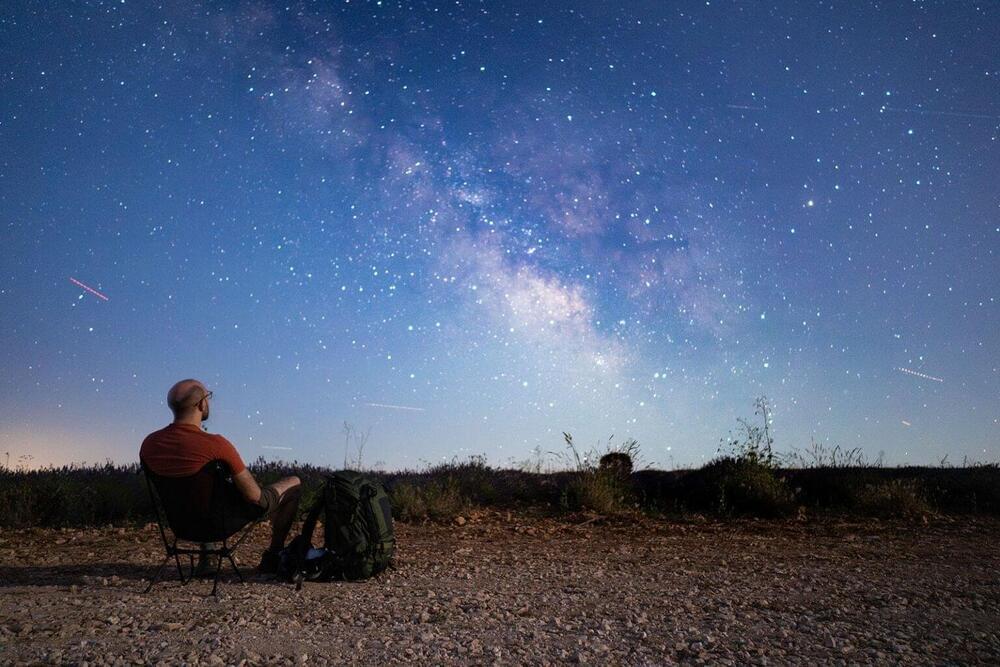Aug 20, 2024
Waning Dark Energy May Evade ‘Swampland’ of Impossible Universes
Posted by Cecile G. Tamura in categories: cosmology, physics
The mysterious case of dark energy and the universe’s fate.
Imagine the universe as a vast, ever-expanding balloon.
The largest-ever 3D map of the cosmos hints that the dark energy that’s fueling the universe’s expansion may be weakening. One community of theoretical physicists expected as much.
Continue reading “Waning Dark Energy May Evade ‘Swampland’ of Impossible Universes” »

